Specification
- पॅकेजिंग प्रकार
- 25 kg Bag
- शेल्फ लाइफ
- वर्षे
- स्टोरेज
- Dry place
- विद्राव्यता
- Soluble in water
- सीएएस नाही
- 67-63-0
- रासायनिक नाव
- शारीरिक फॉर्म
- ग्रेड
- पवित्रता (%)
- 99%
- प्रकार
- अनुप्रयोग
- Viscosity
- 2.43 cP at 25°C
- Color
- Colorless
- Boiling Point
- 82.6°C
- Density
- 0.786 g/cm³
- Flash Point
- 12°C (Closed cup)
- Molecular Weight
- 60.10 g/mol
- UN Number
- 1219
- Hazard Class
- 3 (Flammable liquid)
- EC No.
- 200-661-7
- Odor
- Characteristic, Alcohol-like
Trade Information
- Minimum Order Quantity
- 100 Liters
- पुरवठा क्षमता
- दर आठवड्याला
- वितरण वेळ
- दिवस
- नमुना उपलब्ध
- Yes
- नमुना धोरण
- पॅकेजिंग तपशील
- Packaging Sizes: Isopropyl Alcohol (IPA) is available in a variety of packaging options to meet the needs of both commercial and personal use. Packaging sizes typically include: 500 ml 1 Litre 5 Litres 25 Litres 40 Litres 200 Litres (Drums) Custom Sizes Available on Request Note: Bulk orders are available for industrial and commercial use. Packaging Material: Isopropyl Alcohol is packaged in high-quality, durable containers to ensure product integrity and safety during storage and transportation. Common packaging materials include: HDPE (High-Density Polyethylene) Bottles or Jerry Cans for smaller quantities (500 ml, 1 L, 5 L) Plastic Drums or Steel Drums for larger quantities (25 L, 200 L)
- मुख्य देशांतर्गत बाजार
About
Versatile Cleaning Solution
Isopropyl Alcohol is renowned for its effectiveness as a cleaning and disinfecting agent in both industrial and laboratory settings. Its high purity and solubility in water enable the removal of oils, inks, and other residues efficiently from surfaces and equipment.
Industrial and Pharmaceutical Uses
IPA is a staple resource in pharmaceutical formulation and as a solvent in chemical manufacturing. It ensures sterility and purity in critical processes, making it indispensable for producing sanitizers, solutions, and various chemical intermediates.
Safe Storage and Packaging
Due to its flammable properties, Isopropyl Alcohol should be stored securely in a cool, dry place away from sparks and heat sources. It is available in different packaging formats, including drum, bottle, and can, accommodating diverse industrial requirements.
FAQs of Isopropyl Alcohol (IPA):
Q: How should Isopropyl Alcohol (IPA) be stored to maintain safety and quality?
A: Isopropyl Alcohol should be stored in a cool, dry place, away from sources of heat, ignition, and direct sunlight to prevent fire hazards and maintain its effectiveness. Adequate ventilation and tightly closed containers are recommended.Q: What are the common industrial and laboratory uses of Isopropyl Alcohol?
A: IPA is widely used as a solvent, disinfectant, and cleaning agent. In laboratories, it cleans equipment and glassware, while in industry and pharmaceuticals, it supports sanitization, chemical synthesis, and formulation processes.Q: When is Isopropyl Alcohol preferred over other cleaning agents?
A: Isopropyl Alcohol is preferred when rapid drying and residue-free cleaning are needed, especially for sensitive electronics, lab instruments, and aseptic pharmaceutical environments due to its high volatility and purity.Q: Where can Isopropyl Alcohol be applied for optimal results?
A: IPA is effectively used on non-porous surfaces, laboratory equipment, electronic components, and in sanitizing areas in pharmaceutical and industrial settings, ensuring both cleanliness and reduced microbial presence.Q: What are the benefits of using high-purity (99%) Isopropyl Alcohol in industrial applications?
A: The high purity ensures minimal contaminants, delivering efficient solvent properties, rapid evaporation, and reliable disinfection. This makes processes cleaner and safer, particularly in regulated environments like pharmaceuticals.Q: How should Isopropyl Alcohol be handled during the cleaning process to ensure safety?
A: During cleaning, use protective gear such as gloves and goggles. Ensure good ventilation due to IPAs characteristic alcohol-like odor and flammable nature. Avoid open flames or sparks when handling IPA.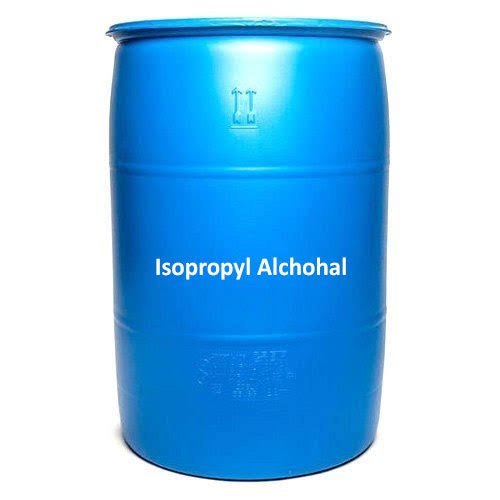
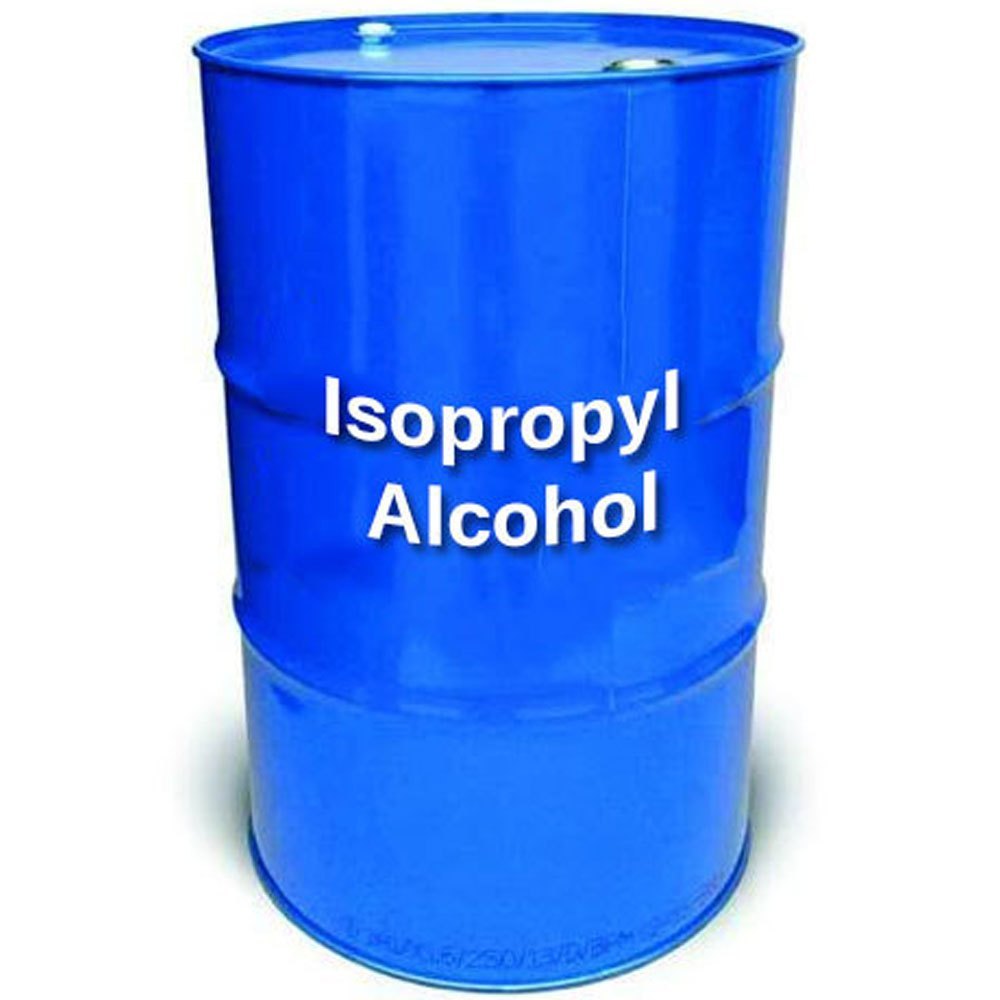
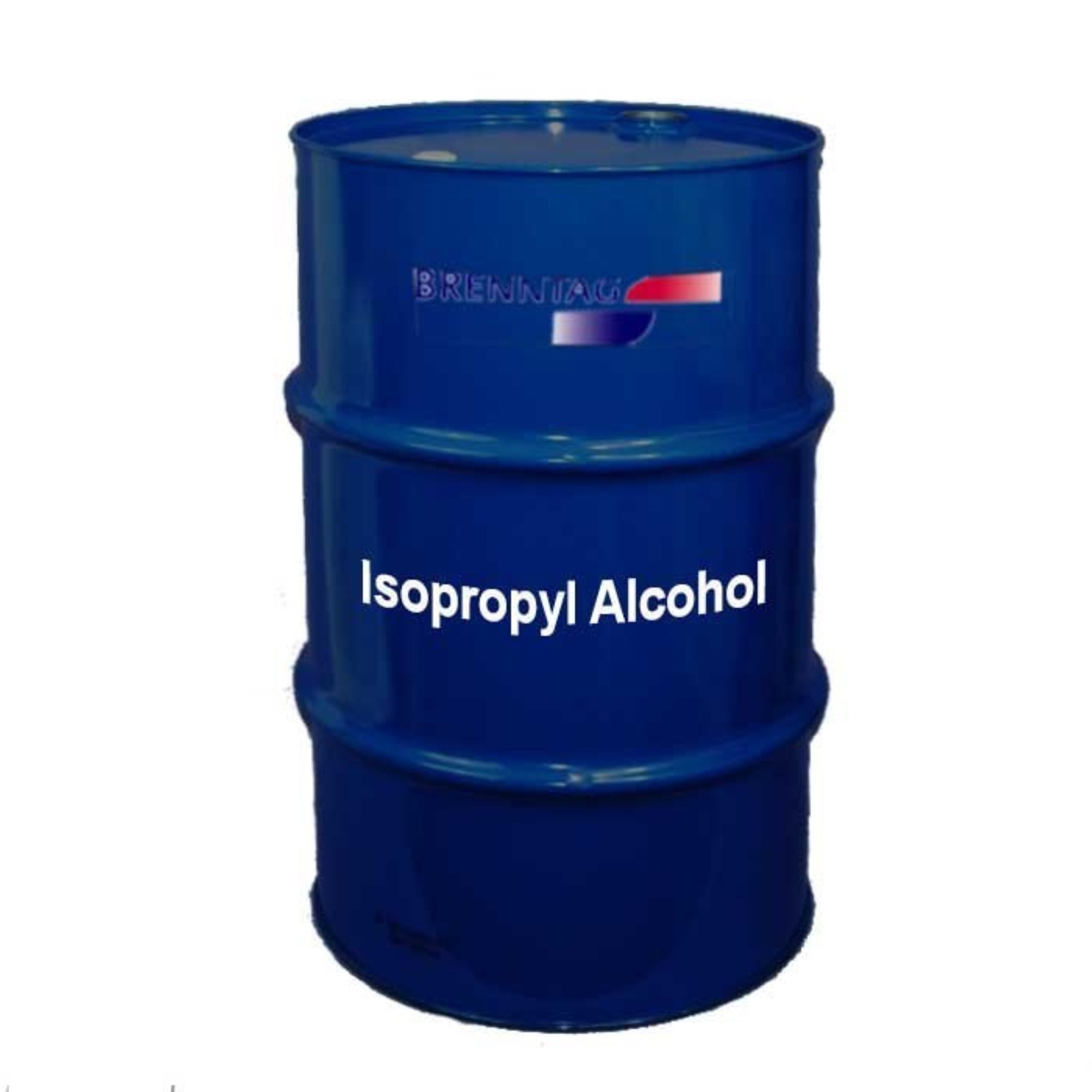
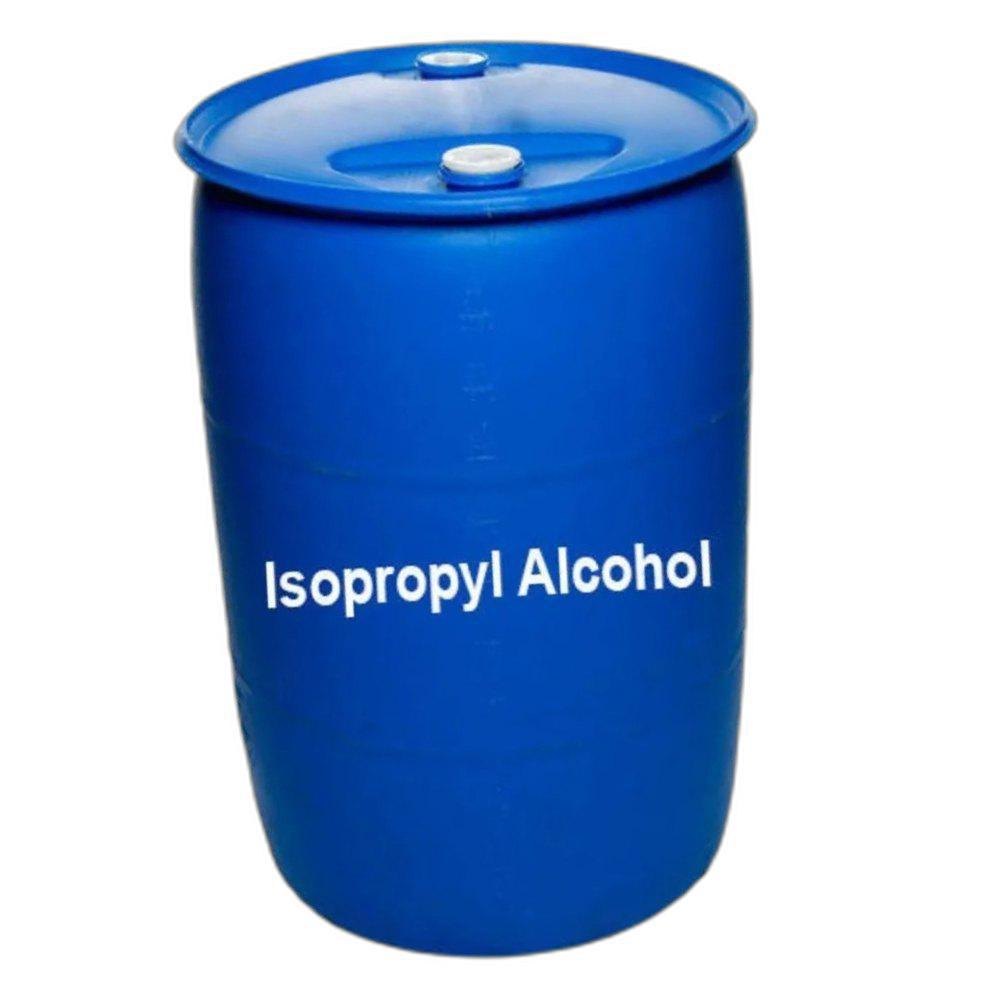
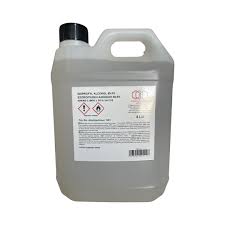

Price: Â
- 50
- 100
- 200
- 250
- 500
- 1000+
अधिक Products in पाणी उपचार रासायनिक Category
5 लिटर अँटीस्कॅलेंट
किंमत एकक : तुकडा/तुकडे
मापनाचे एकक : तुकडा/तुकडे
पवित्रता (%) : >99%
शारीरिक फॉर्म : , , , , , , , , ,
किमान ऑर्डरची मात्रा : 100
किंमत किंवा किंमत श्रेणी : INR
टीसीसीए 90 ग्रॅन्यूल
किंमत एकक : किलोग्रॅम/कि
मापनाचे एकक : किलोग्रॅम/कि
पवित्रता (%) : >99%
शारीरिक फॉर्म : , , , , , , , , , , ,
किमान ऑर्डरची मात्रा : 100
किंमत किंवा किंमत श्रेणी : INR
एसटीपी बायो कल्च
किंमत एकक : किलोग्रॅम/कि
मापनाचे एकक : किलोग्रॅम/कि
पवित्रता (%) : >99%
शारीरिक फॉर्म : पावडर
किमान ऑर्डरची मात्रा : 100
किंमत किंवा किंमत श्रेणी : INR
ब्लिचिंग पावड
किंमत एकक : किलोग्रॅम/कि
मापनाचे एकक : किलोग्रॅम/कि
पवित्रता (%) : >99%
शारीरिक फॉर्म : पावडर
किमान ऑर्डरची मात्रा : 50
किंमत किंवा किंमत श्रेणी : INR



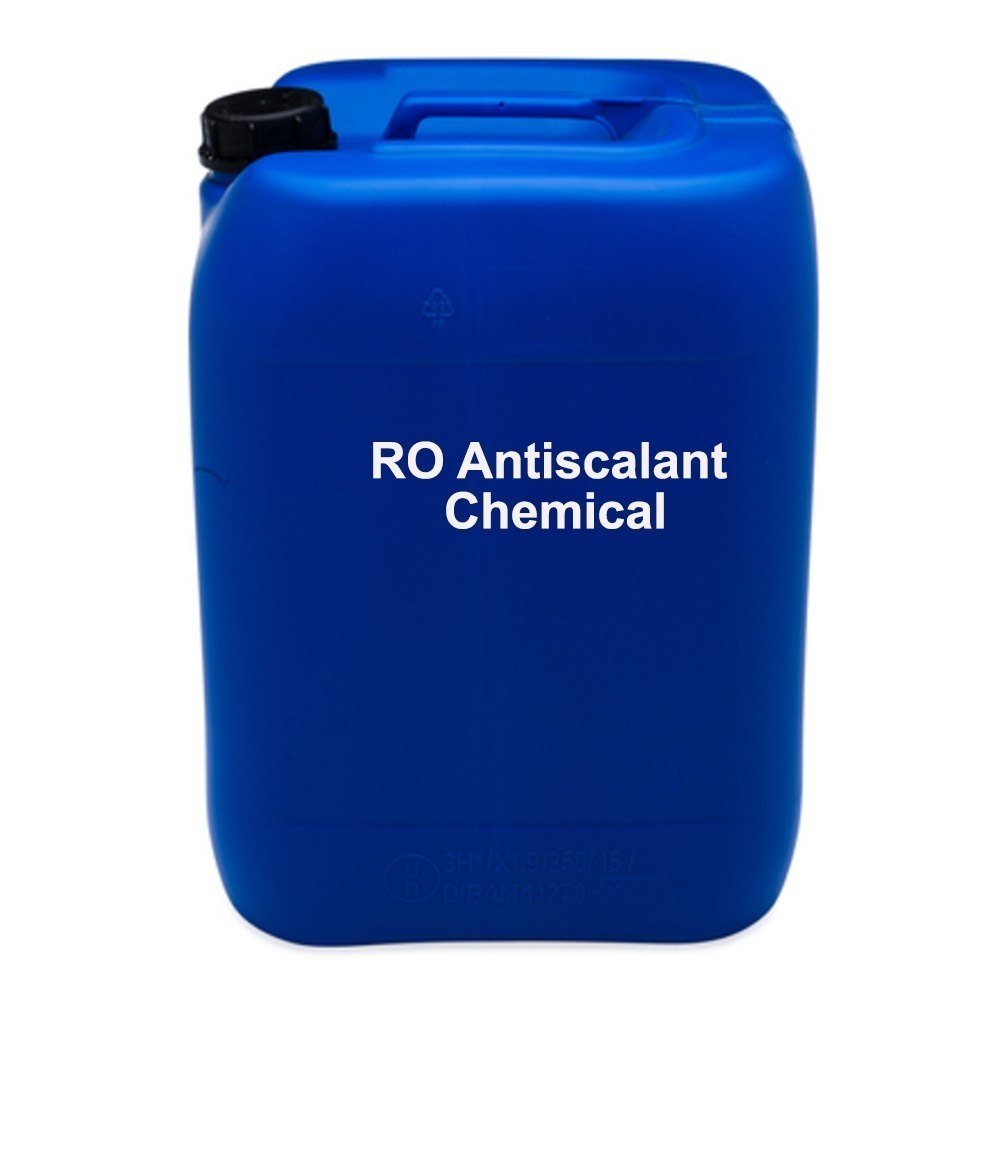
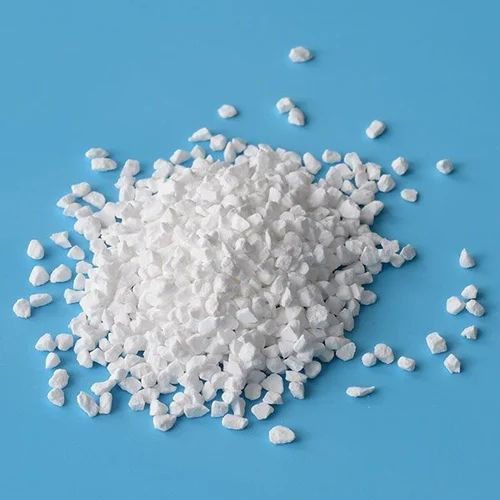
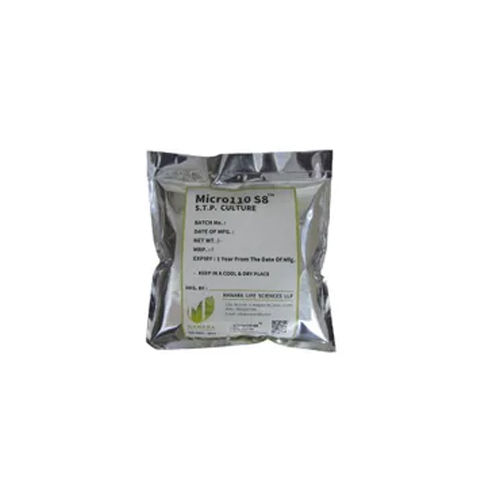
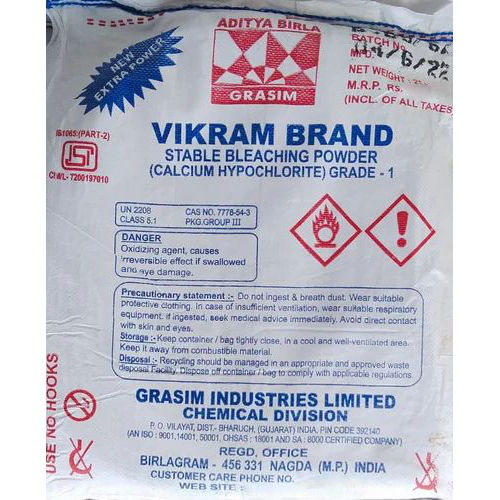


 चौकशी पाठवा
चौकशी पाठवा एसएमएस पाठवा
एसएमएस पाठवा मला मोफत कॉल करा
मला मोफत कॉल करा